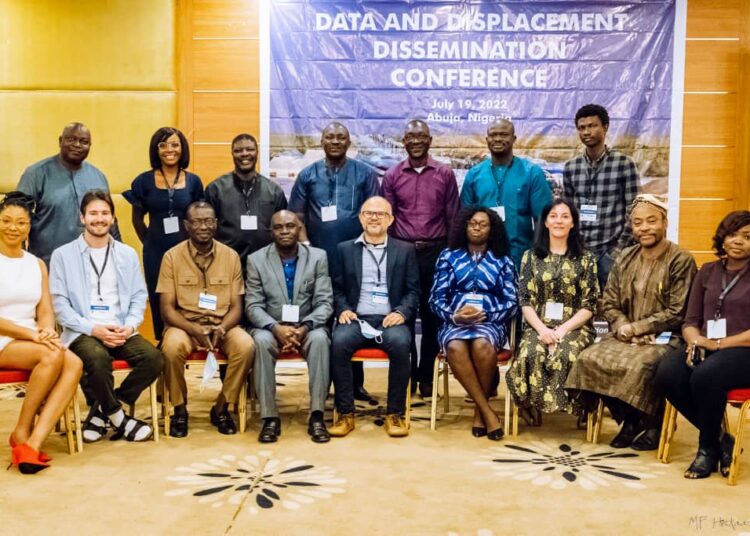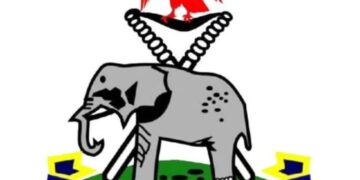University of Ibadan Data and Displacement Research Team has tasked Nigerian Government to build technological infrastructure that will make data collection on the over 2.9million Internally displaced persons in northeast Nigeria coherent to improve their conditions.
Making the charge was Dr Olufunke Fayehun, the Lead investigator, Data and Displacement Project funded by the United Kingdom Arts and Humanities Research Council and led by Professor Vicki Squire of the University of Warwick at the dissemination conference held in Abuja.
According to her, ensuring coherent data collection on IDPs in northeast Nigeria will guide against wastages and ensure that the IDPs benefit from the ethical data collected to further their welfare.
“As you know, there are more than 2.9 million internally displaced persons in North-eastern Nigeria, a significant location of armed conflicts in the country. This has led to extended consequences, including mortality, multiple displacements, loss of livelihood and supportive existential systems. While the focus of many humanitarian and diplomatic interventions in IDP camps in Nigeria has been on immediate livelihood issues such as feeding, medical care, clothing and shelter, key stakeholders have communicated the need for a robust data ecosystem to support such interventions. The assumption that actors achieve efficient and sustainable outcomes using the required information to function optimally can be feasible when humanitarian institutions and structures strengthen data mapping, gathering, processing, storage and utilization along ethical lines. In addition, unethical data practices and processes violate scientific principles, international best practices, and human rights, leading to social exclusions.”
Together with the co-investigator, Dr Olayinka Akanle, the team asked government to “improve the coordination of activities, efforts and resources of stakeholders towards providing technological and infrastructural facilities as well as improve capacities for efficient and ethical data collection, storage and utilization.”
They also want government to create “awareness among IDPs about the processes of data capture, data rights and the benefits of improved information for humanitarian interventions. Organize orientation and sensitization meetings with IDPs and stakeholders to support sustainable ethical-data processes and systems”
While speaking with journalists, the country Director of Amnesty International, Mrs Osai Ojigho maintained that the funds available to humanitarian assistance is too little to tackle the enormity of the challenges facing IDPs adding that humanitarian assistance must move beyond attending to basic needs of the IDPs but deal with restoring people to their homelands without threat to their livelihoods and security.
According to her, Nigeria needs to invest in infrastructure in the “technology space and understanding the people that their data are being collected. We should have data that will be less to manipulate”
Ojigho stated that “One of the main issues is the issues of the complexity of the conflict that Nigeria finds itself and then there are also many numerous factors such as access to the region which have been basterdised by this violence. Also, the involvement of the people themselves in the decision and participation in the intervention that should benefit them. You see when people are not carried along in the practices and interventions that government and international actors are providing for them you will find a disconnect. And this has kind of prolong the internally displaced issues. The other thing is that a lot funds are being made available to provide humanitarian assistance but we know that this is far little in terms of the enormity of the problem. Yes, we take care of the basic things like water, food, and security within the camps but what about issues concerning restoration of this people to their farmlands, to their livelihoods, to have their families reunited, to have buildings already destroyed built again. Just having the basic needs is not sufficient enough to get the people comfortable enough to return to their homelands. And the fact that there is insecurity in the northeast has contributed to these conditions despite the interventions which started about ten years ago. “there are risk of data duplication because there are different agencies collecting such data and the fact that we do not have an acceptable national identification scheme means that we are not also able to verify such data.”













